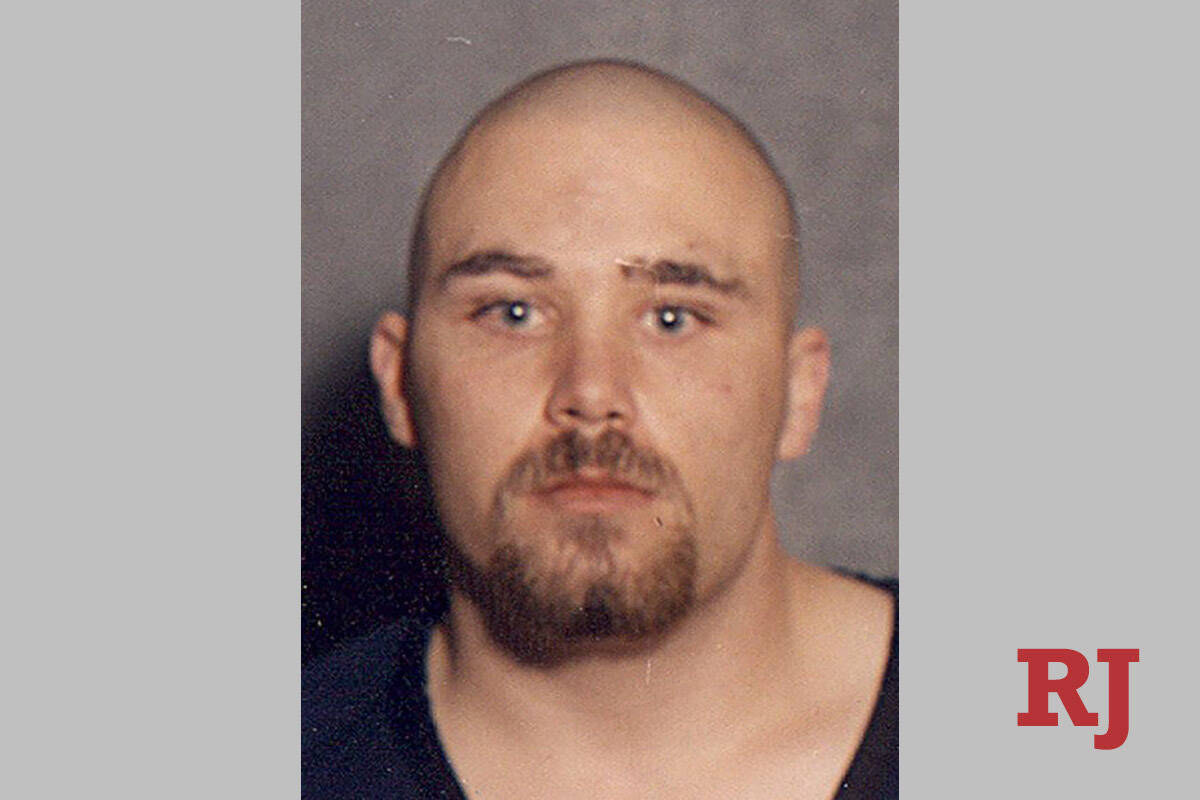Nevada’s chief medical officer testifies about execution plan
Nevada’s top doctor testified on Thursday that he could not give an opinion on the effectiveness of a never-been-tested combination of drugs intended to execute death row inmate Zane Floyd.
“I don’t really have experience on how such medication would work (in an execution),” said Dr. Ihsan Azzam, Nevada’s chief medical officer, later adding that it “depends on one person to another how such medication would behave.”
Azzam’s testimony came during the second phase of an evidentiary hearing on the state’s proposed plan to execute the 46-year-old. Floyd’s lawyers, Assistant Federal Public Defenders David Anthony and Brad Levenson, called expert witnesses during a three-day hearing last month.
Floyd was sentenced to die for fatally shooting four people and gravely wounding another in a Las Vegas grocery store more than two decades ago. He also was convicted of repeatedly raping a woman before the shooting.
In late June, U.S. District Judge Richard Boulware issued a stay of Floyd’s execution and prevented prosecutors from moving forward until mid-October.
Azzam has been named as a defendant in the federal case with the Department of Corrections, although Boulware is expected to decide this week if Azzam will be dismissed.
According to state law, Department of Corrections Director Charles Daniels is required to consult with the state’s chief medical officer before deciding on the drugs used in an execution, but the officials do not need to agree on the method, Chief Deputy Attorney General Randall Gilmer said during Thursday’s hearing.
Experts called by Floyd’s lawyers testified in November that the drug cocktail Nevada wants to use to kill Floyd could cause extreme suffering while Floyd is paralyzed and suffocating.
The drugs include ketamine, an anesthetic similar to PCP, and the painkiller fentanyl or the similar drug alfentanil, and potassium chloride or potassium acetate. According to court documents, the proposed protocol from the Department of Corrections indicates that the state also may use cisatracurium, which is a paralytic drug. Experts last month questioned whether the combination of drugs would work together to reliably render Floyd unconscious.
Azzam said he spoke with Daniels three times this year regarding the drug protocol, although he did not testify about the specifics of their conversations.
When asked to provide his opinion on the drugs, Azzam said he only has experience with them in medical settings where the goal is prolonging someone’s life.
“There’s no medication that was designed to kill people,” he said.
State experts this week have testified that the combination of fentanyl and ketamine should render Floyd unconscious so quickly that he would not be able to perceive any potentially painful side effects of the drugs.
Dr. Jeffrey Petersohn, an expert in anesthesiology who testified for the state, said Thursday that based on available data on overdoses, he believes the combination of drugs would prevent someone from feeling a reduction in breathing caused by fentanyl.
“Without the brain having a signal that there’s something wrong, we never develop that subjective sensation of shortness of breath,” he said.
He also testified that a theory presented last month by Dr. Joel Zivot, an anesthesiologist called by Floyd’s lawyers, was “outrageous.” Zivot said the acidic solution combined with the ketamine, which is normally harmless, could cause pulmonary edemas in Floyd, meaning his lungs would fill with fluid.
Petersohn said Thursday that pulmonary edemas are more likely a symptom of the lungs filling with fluid if a high dosage of ketamine caused someone’s vocal cords to snap shut. But Petersohn said Floyd would be unconscious and lack feeling if he were to suffer from pulmonary edemas.
The hearing is expected to continue Friday with testimony from Daniels.
In August, Floyd’s lawyers filed a clemency petition in Clark County District Court asking that his death sentence be commuted.
The petition stated that Floyd suffered from brain damage caused by fetal alcohol spectrum disorder and post-traumatic stress disorder from his time in the military and that he endured violent abuse as a child.
The Nevada Supreme Court also is set to rule on appeals of Floyd’s conviction, which would have to be resolved before the execution could be carried out.
Contact Katelyn Newberg at knewberg@reviewjournal.com or 702-383-0240. Follow @k_newberg on Twitter.


















